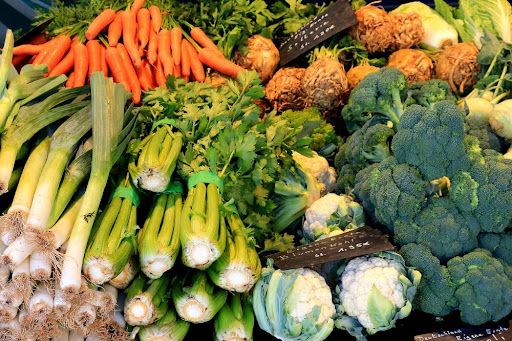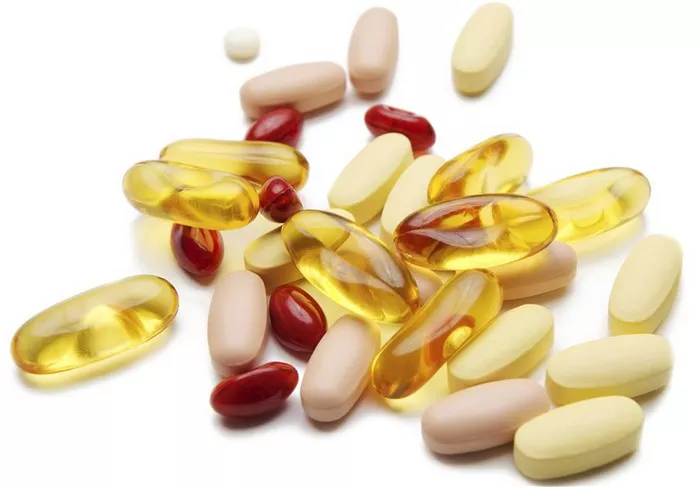As women age, their nutritional needs evolve, influenced by various factors such as hormonal changes, metabolic rate, and lifestyle. Among the essential macronutrients, protein plays a crucial role in maintaining overall health, especially for middle-aged women. However, determining the optimal protein intake for this demographic requires careful consideration of several factors. In this article, we delve into the intricacies of protein requirements for middle-aged women, exploring the science behind it and offering practical recommendations for achieving optimal health and wellness.
The Importance of Protein in Middle Age
Protein is often hailed as the building block of life, and for good reason. It is integral to various physiological functions, including muscle repair and growth, hormone production, immune function, and enzyme activity. As women enter middle age, maintaining muscle mass and strength becomes increasingly important for preserving mobility, independence, and overall quality of life. Adequate protein intake supports these goals and can help mitigate age-related muscle loss, also known as sarcopenia.
Factors Influencing Protein Needs
Several factors influence the protein requirements of middle-aged women, making individualized recommendations necessary for optimal health outcomes. Understanding these factors is crucial for tailoring dietary strategies to meet specific needs effectively.
1. Age and Muscle Mass
2. Hormonal Changes
3. Physical Activity Level
Determining Protein Requirements
While general guidelines exist for protein intake, individual needs may vary based on factors such as age, weight, activity level, and overall health status. Several methods can help estimate protein requirements more accurately, providing a foundation for personalized nutrition planning.
General Guidelines
The Recommended Dietary Allowance (RDA) for protein is set at 0.8 grams per kilogram of body weight per day for adults. However, this recommendation may not fully account for the unique needs of middle-aged women, particularly those who are physically active or undergoing hormonal changes associated with menopause.
1. Protein Needs Based on Body Weight
2. Protein Needs Based on Lean Body Mass
3. Protein Needs Based on Physical Activity Level
Assessing Protein Intake
Tracking dietary protein intake is essential for ensuring that middle-aged women meet their nutritional needs. Various tools and methods are available to monitor protein consumption accurately and make adjustments as needed to achieve optimal intake levels.
1. Food Journaling
2. Nutrition Tracking Apps
3. Dietary Assessment Tools
Sources of Protein for Middle-Aged Women
Meeting protein requirements can be achieved through a variety of dietary sources, including both animal and plant-based options. Incorporating a diverse range of protein-rich foods ensures adequate intake of essential amino acids and other nutrients vital for overall health.
Animal-Based Protein Sources
Animal-based proteins are complete proteins, meaning they contain all nine essential amino acids necessary for human health. Middle-aged women can include the following sources in their diet to meet their protein needs effectively:
Lean Meats (Chicken, Turkey, Lean Beef)
1. Fish and Seafood
2. Eggs and Dairy Products
Plant-Based Protein Sources
Plant-based proteins offer numerous health benefits and can be particularly beneficial for middle-aged women seeking to improve heart health, manage weight, or reduce their environmental footprint. Incorporating a variety of plant-based protein sources ensures adequate intake of essential nutrients while promoting overall well-being.
Legumes (Beans, Lentils, Chickpeas)
1. Nuts and Seeds
2. Whole Grains
Supplemental Protein
In some cases, middle-aged women may find it challenging to meet their protein needs through diet alone. In such instances, protein supplements can provide a convenient and effective solution to bridge the gap. However, it’s essential to choose high-quality products and use them as part of a balanced diet.
Whey Protein
1. Plant-Based Protein Powders
2. Collagen Supplements
Optimizing Protein Intake for Middle-Aged Women
Achieving optimal protein intake involves more than simply meeting daily requirements. Middle-aged women can enhance the effectiveness of their protein consumption by considering various dietary and lifestyle factors that impact protein metabolism and utilization.
Meal Timing and Distribution
Distributing protein intake evenly throughout the day can maximize muscle protein synthesis and promote satiety. Aim to include a source of protein in each meal and snack to support overall health and well-being.
1. Protein-Packed Breakfast Ideas
2. Balanced Lunch Options
3. Nutritious Dinner Recipes
Pairing Protein with Carbohydrates and Fats
Combining protein with carbohydrates and healthy fats can enhance nutrient absorption and promote sustained energy levels. Opt for balanced meals and snacks that incorporate a variety of macronutrients to support overall health and performance.
Balanced Meal Planning Strategies
1. Smart Snacking Choices
2. Nutrient Timing for Physical Activity
Hydration and Protein Metabolism
Staying hydrated is essential for optimal protein metabolism and utilization. Adequate fluid intake supports digestion, nutrient transport, and overall cellular function, enhancing the effectiveness of dietary protein for middle-aged women.
Hydration Guidelines
1. Fluid-Rich Foods and Beverages
2. Monitoring Hydration Status
Conclusion
Protein plays a vital role in supporting the health and well-being of middle-aged women, contributing to muscle maintenance, hormone production, and overall vitality. By understanding their unique protein requirements and implementing practical strategies to optimize intake, women can promote healthy aging and enhance their quality of life. Whether through dietary modifications, supplementation, or lifestyle adjustments, prioritizing protein can empower middle-aged women to thrive and embrace the journey of aging with strength and resilience.
[inline_related_posts title=”You Might Be Interested In” title_align=”left” style=”list” number=”6″ align=”none” ids=”6541,6486,6483″ by=”categories” orderby=”rand” order=”DESC” hide_thumb=”no” thumb_right=”no” views=”no” date=”yes” grid_columns=”2″ post_type=”” tax=””]
































